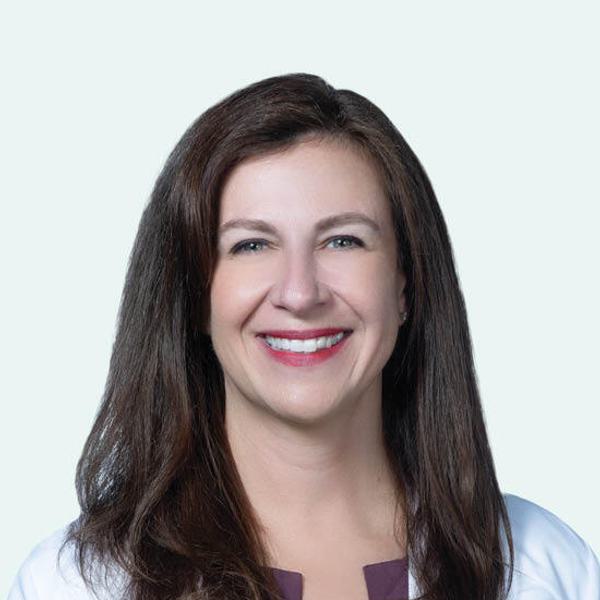

What do Seniors Need to Know About Measles?
-
- 四月 4, 2025
- 疾病预防和治疗
- 4 分钟阅读
- Judith Ford, MD
Latest Update: 4/3/2025
What is measles?
Measles is an airborne and extremely infectious virus usually first detected by high fever, cough, runny nose, and red/watery eyes followed by a serve rash three to five days later. The virus can lead to serious complications like pneumonia and brain swelling.
Should seniors be concerned about the current measles outbreak?
Only 23% of confirmed measles cases have been in adults over the age of 20 and most older adults today have natural immunity to the virus or have been vaccinated against it. Because of this, most older adults are not at risk of catching the virus or developing serious symptoms.
What states have been impacted by the measles outbreak?
As of March 27, 2025, there were 483 confirmed measles cases across the U.S. 20 states reported cases, including: Alaska, California, Florida, Georgia, Kansas, Kentucky, Maryland, Michigan, Minnesota, New Jersey, New Mexico, New York City, New York State, Ohio, Pennsylvania, Rhode Island, Tennessee, Texas, Vermont, and Washington.
What is the measles vaccine?
The measles vaccine was first introduced in 1968 and is 97% effective at preventing measles. The measle vaccine is given in the form of an MMR (covers measles, mumps, and rubella) is a standard 2-dose vaccine given to children prior to entry into kindergarten. Measles was considered officially eliminated from the US in 2000 due to vaccination.
Should seniors get a measles vaccine?
Most adults over the age of 65 do not need the measles vaccine. The CDC considers those born before 1957 to have natural immunity and do not need vaccination. Those who received 2 doses of MMR in the past also do not need vaccination.
How can I protect myself and my family against measles?
If you were born after 1957 and have not received a measles vaccination, talk to your provider about your vaccination options.
ArchWell Health encourages school-aged children to be vaccinated for measles to protect themselves and their community from this deadly virus.
Should I talk to my doctor about measles?
If you have questions regarding your risk for measles, talk to your ArchWell Health provider.

关于作者
Judith Ford, MD, 首席临床官
Growing up with a father as a physician and a mother as a nurse, Judith Ford, a Medical Doctor (MD), has always had an interest in the medical field and caring for others. After attending college and medical school, she began practicing with a focus on taking care of older patients with complex conditions. With this mission in mind, the move to ArchWell Health was a natural fit. When not practicing medicine, she’s spending time with her husband, Chris, and her children, Sara and Jane.
Become an ArchWell Health Member today!
Joining ArchWell Health is easy. Just click the link below to get started. Before you know it, chair yoga class will be your weekly jam!